Starting an online site or an e-commerce business from scratch can be overwhelming. It involves a series of stages and different services to rely on based on your needs. There’s no need to get tensed. We are here to help you with the first and foremost step- Web Hosting. It is the gateway into the world you wish to be a part of.
When we first started out, there were few resources available that were simultaneously easily accessible and understandable. We don’t want you to struggle like we did. If you’re a beginner, you have come to the right place to get started.
The Godfather
Basically, web hosting is an online service required for your website to be accessible on the internet. Any website you visit is hosted on a server. So, when you choose a hosting plan, you are either renting or buying space where your website’s files and data will be stored on a physical server. The real dilemma begins when you have to choose between different types of hosting.
Hosting Jumanji
Getting lost in the vast web of hosting services is very easy. Choosing a reliable hosting provider and finding the right one for your store can be challenging. Let’s break it down for you.
Firstly, there are different types of web hosting services to choose from. To make it more relatable, let’s compare each one to a mode of transportation you rely on a daily basis.
1. Shared Hosting (Carpooling)
Shared hosting involves multiple users sharing the same server resources. Just like carpooling, where passengers share a vehicle, websites share server resources like CPU, RAM, and storage. The huge advantage is the cost-effectiveness. However, due to limited control, you can’t ask the driver to change your destination, increase or decrease the speed, or even change the song on the radio. You have to be happy with what you get. But it’s the perfect launchpad for small online businesses or websites with low to moderate traffic.
2. VPS Hosting (Renting a Private Vehicle)
With VPS hosting, you have much more control over the server than in shared hosting. The vehicle is not yours, but you’re renting it for a while. So you can isolate yourself and meet more of your customizability needs. Increased traffic on other websites has no impact on yours. It’s perfect for medium-sized businesses or sites with much more traffic.
3. Cloud Hosting (Using Public Transportation)
Cloud hosting is akin to a public transportation network in its workings. Just like in public transportation, there’s a network of virtual servers, often spread across multiple physical locations. If one breaks down, there’s always a backup, so the user will never have to experience downtime. Also, you can scale up or down your resources, like switching from a bus to a train or vice versa, based on your needs. But unlike public transport, the cost is higher than the previous hosting services.
4. Managed Hosting (Hiring a Chauffeur)
Managed hosting involves a service provider handling technical aspects like server setup, maintenance, and security. It is similar to hiring a chauffeur who takes care of driving and vehicle upkeep, allowing you to focus on your journey. This is perfect for those who want a hassle-free experience without getting into any technical details. However, most service providers do not allow users to access the control panel, and managed hosting comes with a hefty price tag. If these conditions don’t bother you much, then this is your perfect pick.
5. Dedicated Server (Buying your own car)
This is the ‘big move’. Once you have settled in and have the technical knowledge and expertise, and your website’s traffic demands it, it’s quite natural to go for something like dedicated hosting. Much like owning a car, you have all the root access, and you can configure it, customize it, scale it- practically do whatever you need without any additional hassles. The major shortcoming of all these perks is surely the high costs. But, if your store requires it, taking the risk is definitely worth the reward.
Good Host Hunting
Even though you have a basic understanding of how each hosting plan works, choosing a good service provider is also essential, as it can play a major role in your experience and your customers’ satisfaction. These are some of the things you have to look out for before choosing your web hosting service provider:
-
Control Panel
A control panel helps you manage various aspects of the web hosting account. This is a must-have service that your host should be providing. It saves a lot of time for you as you don’t have to wait for technical support anytime an issue exists. It’s basically a dashboard where you can get to change your configurations and all your details on the go.
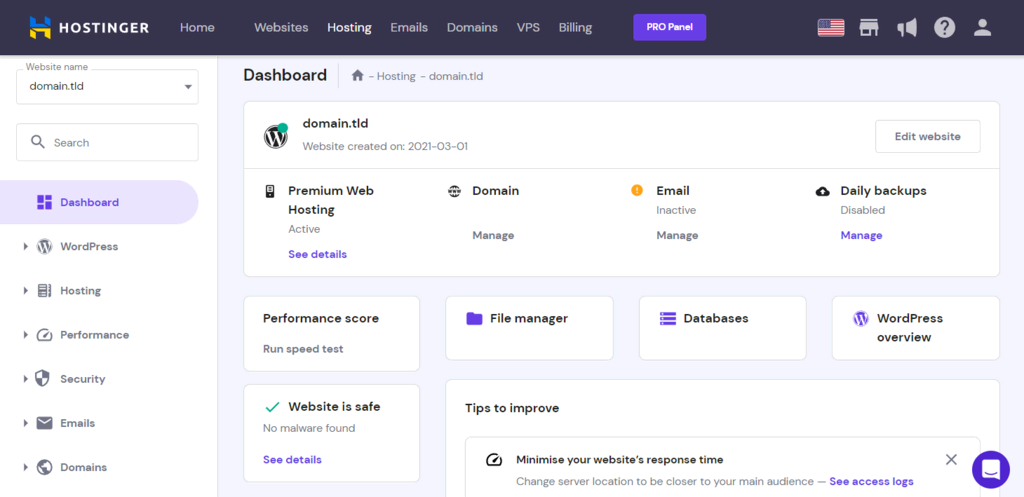
-
Traffic/Bandwidth
As we mentioned earlier, your traffic determines your hosting plan. Your bandwidth allowance varies linearly with the site traffic. If your site is going to incorporate video, audio, or any such elements that require a higher level of bandwidth, you want a plan that can accommodate these requirements. Server RAM also comes into play when choosing a plan. Most packages offer server options ranging from 1GB to over 64 GB. Choose the appropriate server RAM based on your operating system, applications, control panel, security software, database, and other memory-consuming features.
-
Uptime
Unexpected downtime and slow-loading content are major bummers for your customers and can lead to more cart abandonment or people switching to various other sites for their needs. Always make sure that your servers are always reliable. Do check if there’s an uptime guarantee by the web hosting service providers. It can save you a lot of trouble.
-
24/7 Technical Support
This should be a non-negotiable condition in your list. Technical support should always be available, be it overnight or in the middle of the day. The person at the other end of the line should pick up quickly and have the technical expertise to help you with any issues you come across.
-
Cost
It is implied that cost is also a huge factor in these plans. Free web hosting can help you with your test sites and learn about entire site setups. But the constant ads and the lack of access to cpanel is concerning. Moreover, the limited server size and bandwidth won’t help you move forward.
But do your due research before you purchase a plan. Understand what kind of hosting plan can help you. Also, some providers charge you 2-3 times more on renewals. Renewals don’t affect you if you are willing to switch between services.
The Endgame
We’ve covered everything you need to start a web hosting account and choose a suitable plan. Now you can start exploring what you need shortly after our recommendations:
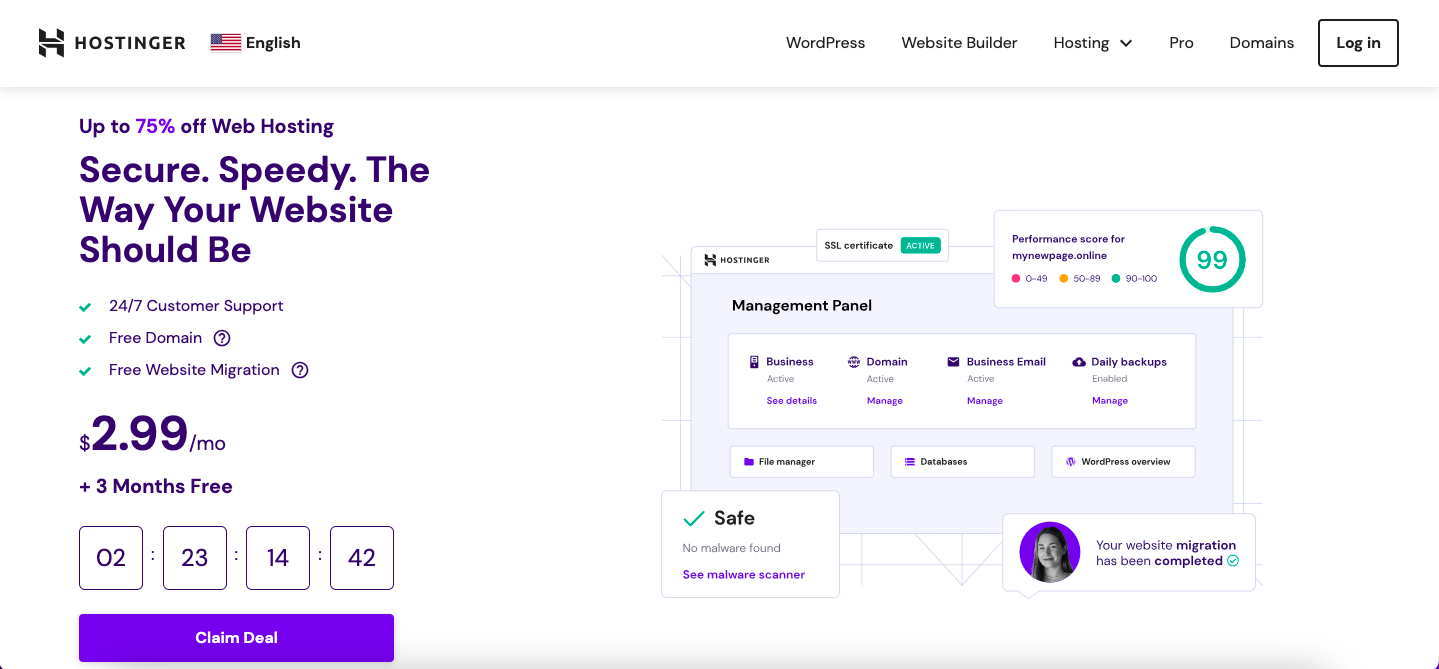
2. Cloudways
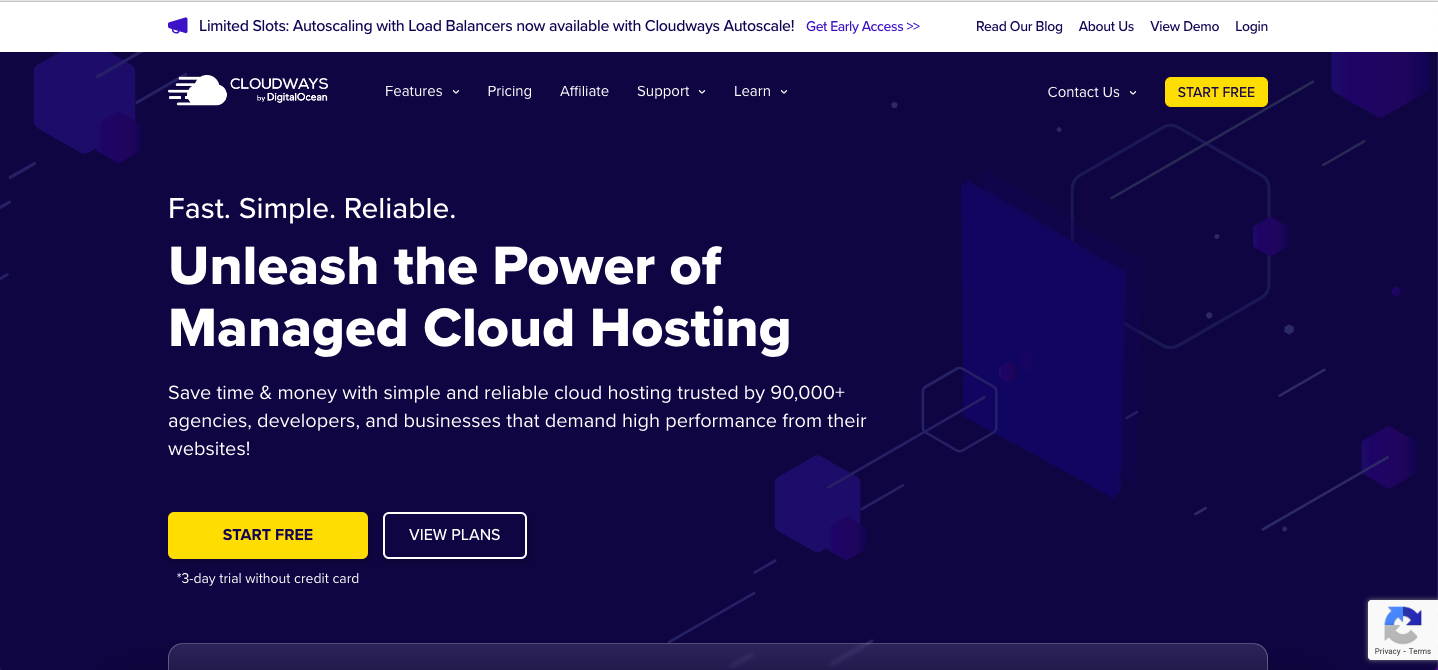
3. BlueHost
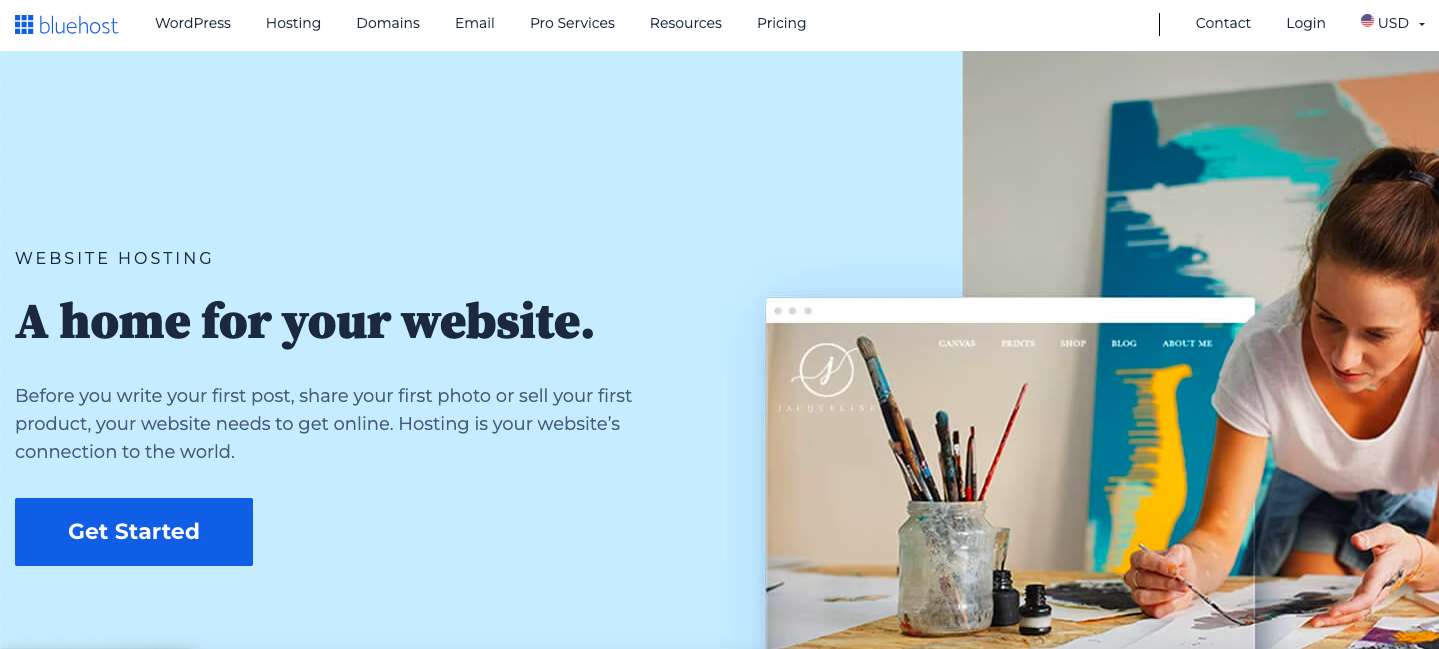
4. GoDaddy
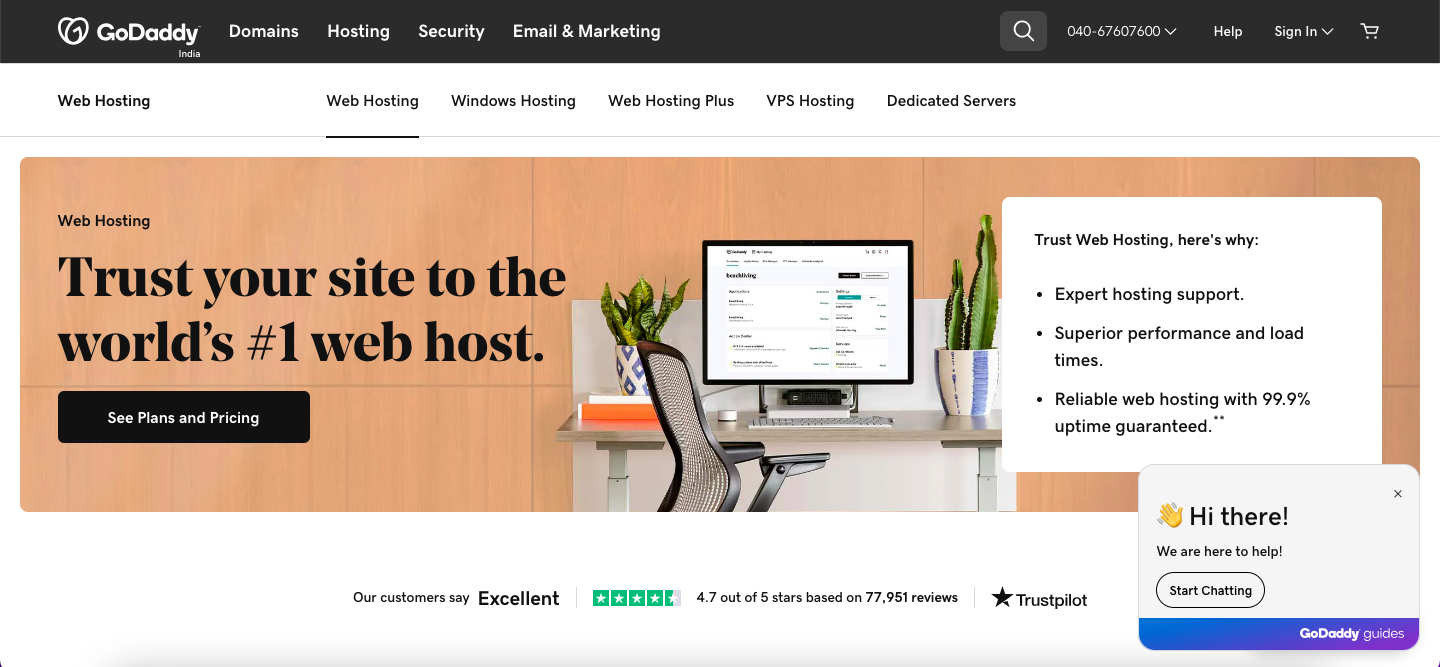




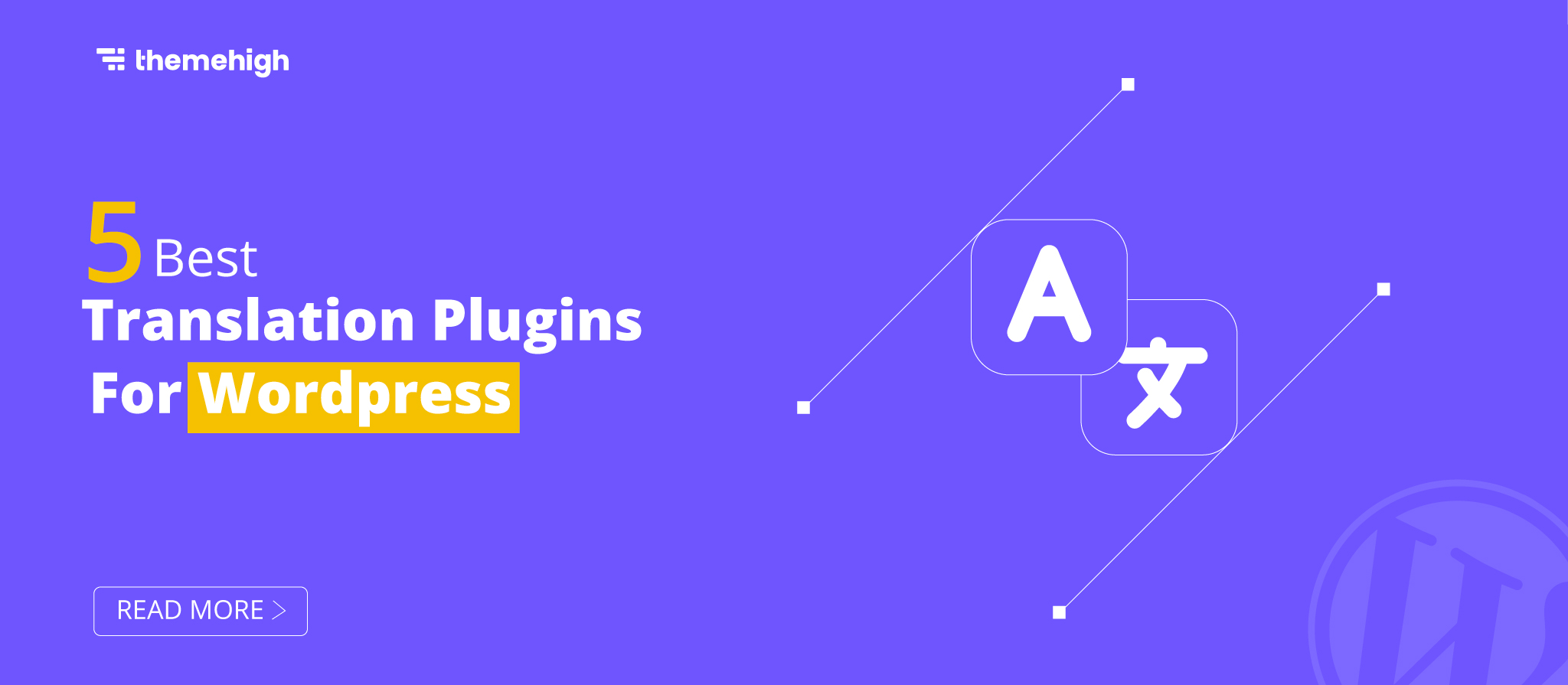
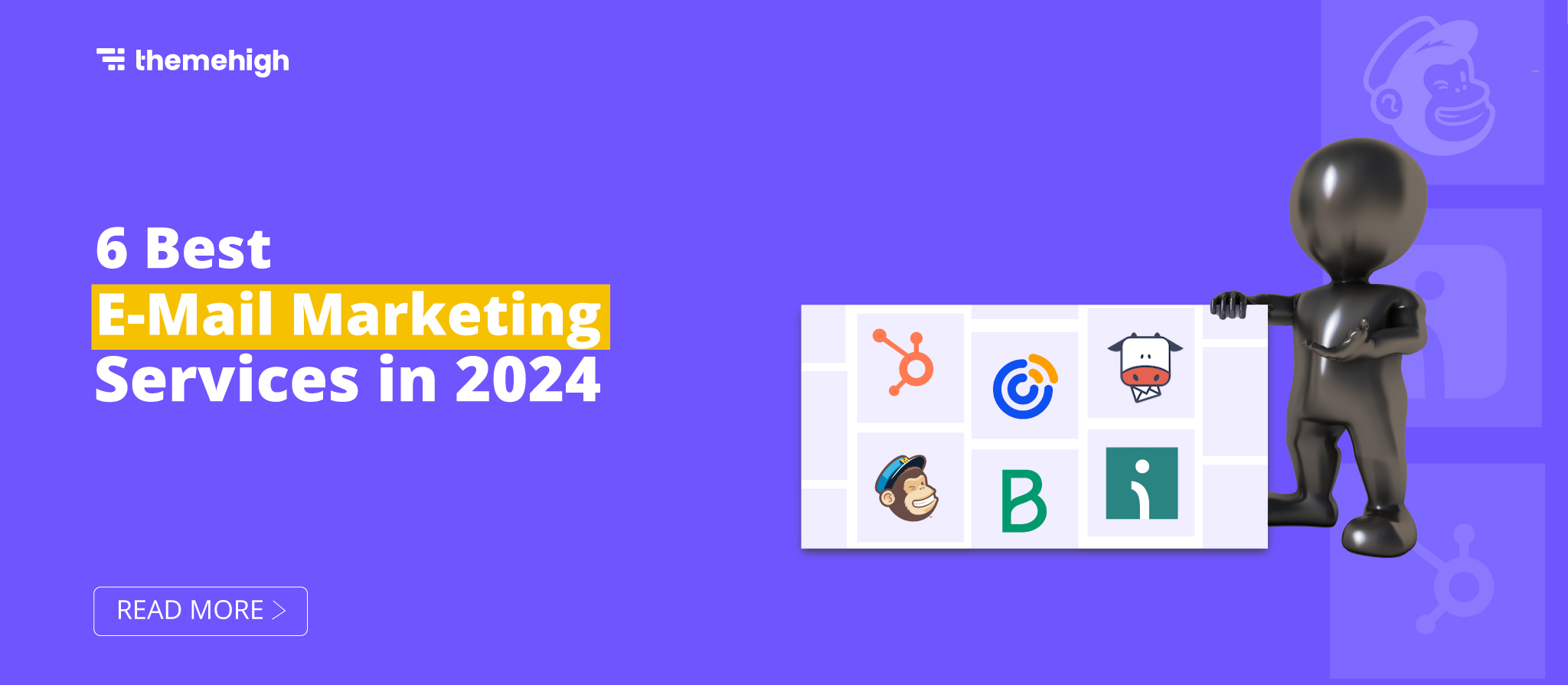
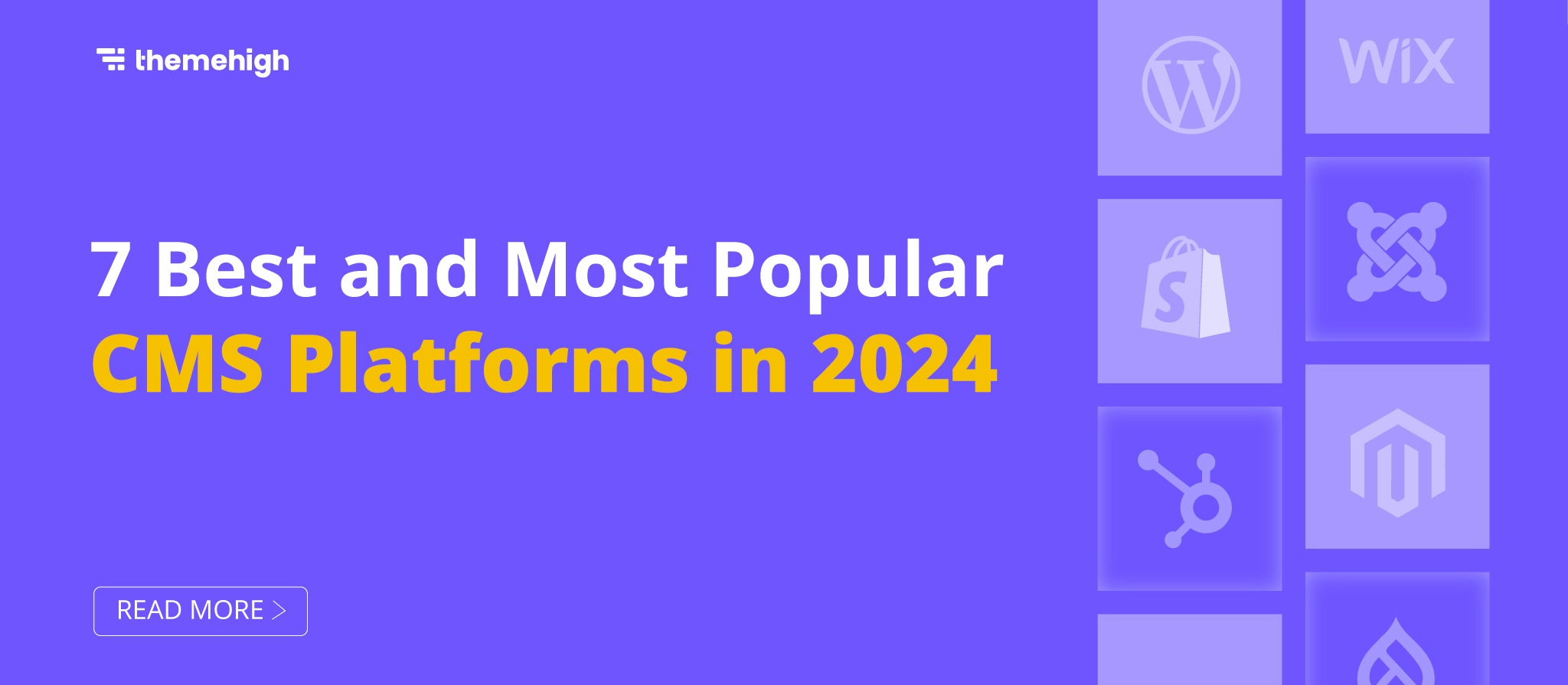



 THANK YOU!
THANK YOU!